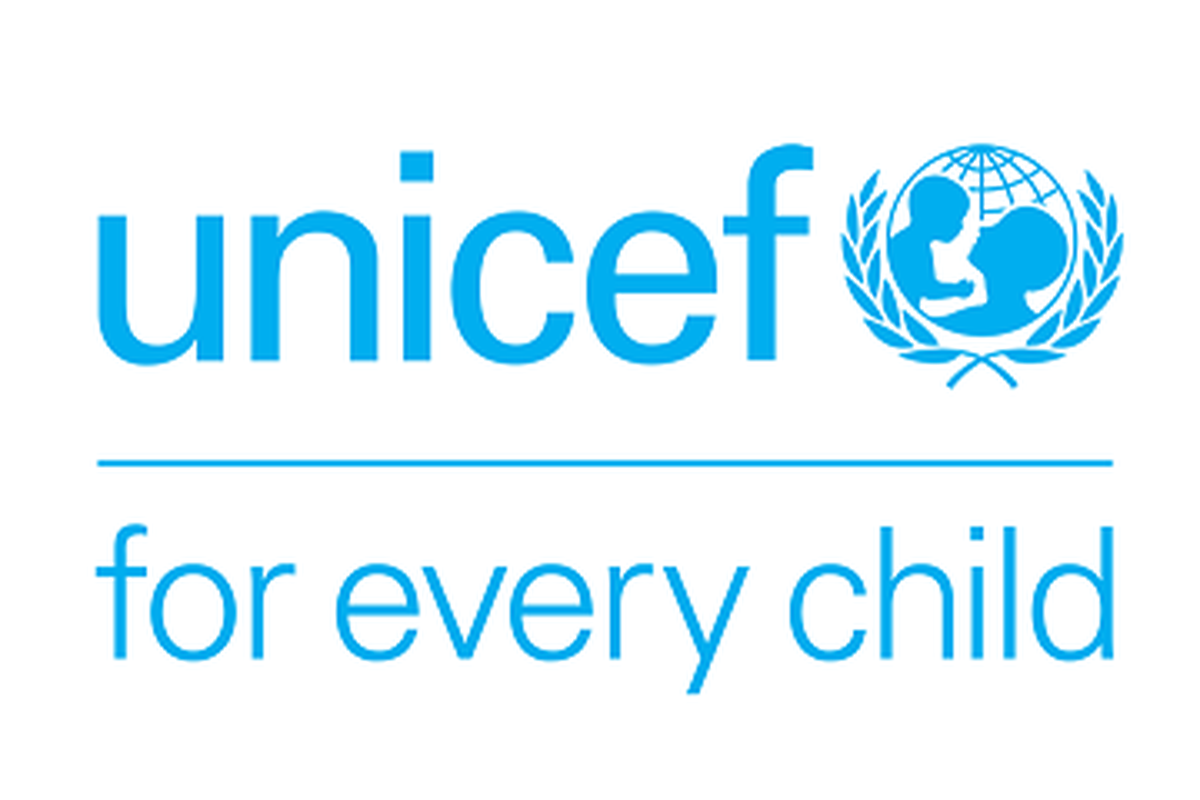
BACKGROUND
The Integrated Primary and Secondary School Outreach Fairs are a major part of the activities funded under the Teacher Effectiveness and Equitable Access for Children in Zimbabwe (TEACH) Programme to safeguard educational gains made over the last decade. TEACH was designed to sustain improvements made to learning outcomes and targets the poorest and most disadvantaged learners, including those with disabilities. In its business case, the TEACH committed to supporting education in Zimbabwe with one of its key delivery area underscored as Enrolment of Children with Disabilities (CWDs) in primary and secondary education increased from 61,946 to 75,000 and improved progression rates.
Accordingly, the Ministry of Primary and Secondary Education has since 2019, conducted the Integrated Primary and Secondary Education Service Fairs through Community Outreach nationally as part of the strategy to transform its service delivery systems in identifying children with disabilities and enrolling them into education. These community service fairs were conducted in all the 10 provinces annually with each province directly being supported by TEACH through UNICEF.
The Integrated Primary and Secondary School Community Outreach Fairs are a community engagement platform to increase awareness on the education of Children with Disabilities (CWD), early childhood education (ECE), and other subgroups including adolescent girls and the Out of School Children (OOSC) on the need for quality education for all children. The outreach programme provided an opportunity for advocacy around issues that constituted barriers to the realisation of these children’s rights, especially the right to education. It also provided an opportunity for stakeholders to showcase their programmes through a cocktail of activities.
The TEACH Business case reflected flexibility in its design to ensure TEACH is aligned with Government of Zimbabwe priorities. To this end, TEACH is linked to the key primary and secondary education performance indicators on the SDGs and NDS1 that speak to (a) the proportion of school-aged children not attending school (b) the school dropout rate (c) reading and numeracy levels (d) safe learning environments and (e) inclusion and equity measures.
While Zimbabwe has made efforts towards inclusive education, there are bottlenecks associated with implementation which includes some limitations on data and its comparability due to improper identification of Children with Disabilities, delayed finalization of policies e.g., Inclusive Education and School Financing Policy, slow implementation of activities due to budget limitations and the inadequacy of special needs teachers particularly in resources centres.
UNICEF’s Inclusive Education work with MoPSE seeks to address these limitations and challenges experienced by vulnerable, marginalised and children with disabilities through a series of activities focused on policy advocacy and change, and on systems strengthening and targeted programmes. Accordingly, the community outreach fairs have been an additional tool and platforms through which the government of Zimbabwe through the Ministry of Primary and Secondary Education promotes disability inclusion in the education system by addressing the identification of bottlenecks as well as limited opportunities for providing Children with Disabilities with customised support such as birth registration, on the spot clinical remediation and physiotherapy.
To raise awareness on the need for quality education for children with disabilities, Ministry personnel and stakeholders in all the ten provinces engaged their respective communities through the community outreach programme or “community service fairs”. Funding was disbursed to all provinces for outreach activities in the 72 districts. A combined model encompassing district, cluster meetings and road shows was adopted and rolled out in 2022, 2023 and 2024.
Since the inception of community fairs in 2019, no assessment has been made to assess their effect on enrolment of Children with Disabilities as well as on other education outcomes apart from capturing the number of people reached. The consultancy is therefore expected through quantitative and qualitative methods:
-Describe how the Integrated Primary and Secondary School Community Outreach Fairs were conducted nationally, including who was involved and with what efficacy.
-Establish the impact of the community service fairs at school level and nationally, including the extent to which the success achieved can be sustained, scaled or improved.
-Establish how many new Children with Disabilities and other vulnerable groups i.e., Out of School Children (OOSC), pregnant girls, adolescent and school going young mothers have enrolled in schools making references to Ministry’s available data from EMIS 2019 to 2023 and triangulated through District/School enrolment figures of Children with Disabilities and other subgroups, and justifying if these could be attributed to these fairs.
-Establish views on these fairs, from communities, children (including of various subgroups), teachers, provincial education principal psychologist, DSIs and the Head Office leadership including all Ministry departments involved with the enrollment of pupils in respect to impact, modality and viability.
-Outline the key take aways, challenges and recommendations from the integrated primary and secondary school community outreach fairs
-Establish views on these fairs, from communities, children (including of various subgroups), teachers, provincial education principal psychologist, DSIs and the Head Office leadership including all Ministry departments involved with the enrollment of pupils in respect to impact, modality and viability.
-Outline the key take aways, challenges and recommendations from the integrated primary and secondary school community outreach fairs
Education:
-Master’s degree in Education, Development studies/or another relevant field.
Experience:
-At least 5 years of work experience in education programme evaluation reviews assessments, programme development, management or planning
Knowledge/Expertise/Skills required:
-Familiarity with Government of Zimbabwe procedures, and specifically the Ministry of Primary and Secondary Education policies, systems and procedures.
-Previous experience of assessing education responses and interventions in Zimbabwe.
-General knowledge of Education Management Information Systems
-Ability to use gender-lens throughout the whole process.
-Inter relational skills in working with MoPSE officials.
-Previous work with UNICEF/other UN agencies or other national, regional, or international institutions (public or private) developing high- quality products.
Language requirements:
Fluency in English is required. Knowledge of the local language is an asset.
Harare
Expires
Technical Training Centre
To be shared with s…
Harare
Expires
UNESCO International
The position offer …
Harare
Contractor
19 Nov 2024
06 Nov 2024